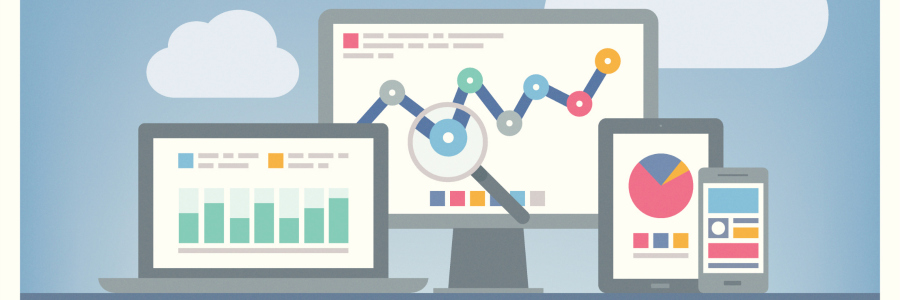The first thing that comes to mind when you think of social media is Facebook and for good reason. Not only does it boast the most users, but it also has the biggest reach and cultural impact. Since there is no one-size-fits-all social media platform, it’s imperative for small- and medium-sized businesses to examine their options before making an investment.
Which social media platforms suit your SMB?
An early look at Android Instant Apps

Back in May 2016, Google gave us a sneak preview of Android Instant Apps, a feature that loads a web-based version of an app instead of installing it. Today, the feature is available for limited testing on Google Pixel and certain Android devices. If you want to try out Instant Apps, follow the steps below.
Discover these 4 little-known Google apps
G Suite or Office 365?
Which web browser is best for you?

The web browser battle has been raging for decades. The feud between Internet Explorer and Netscape has long since passed, and now we’re dealing with a much larger field of competition. Today, there are at least four browsers vying for domination, and we’ve broken down each one by its pros and cons.
Will Android apps fit in laptops?
Google’s game changing Cloud Print service

Despite today’s paperless business environment, every now and then there comes a time when you just have to use a printer. And since many businesses have embraced cloud computing, why not combine the cloud with regular printers? Will these devices enjoy the same benefits that cloud computing businesses enjoy? Find out more about Google’s Cloud Print service.
New Google Assistant allows typing
Android Things: Information for You

Android Things is the latest Google operating system. It is designed to be used in devices for what is known as the "internet of things," and will compete with similar platforms offered by other companies for their different devices. However, many business owners and consumers alike are scratching their heads wondering how this latest Google operating system manifestation will impact them.
Why HTML5 leads the charge for Chrome

Most people are familiar with the problems associated with loading a Flash-based page, from slower loading times to page crashes that require restarting the browser altogether. Now, Google has announced that its browser will disable Flash and initiate an HTML5 default that will eventually trickle down to every Chrome user.




